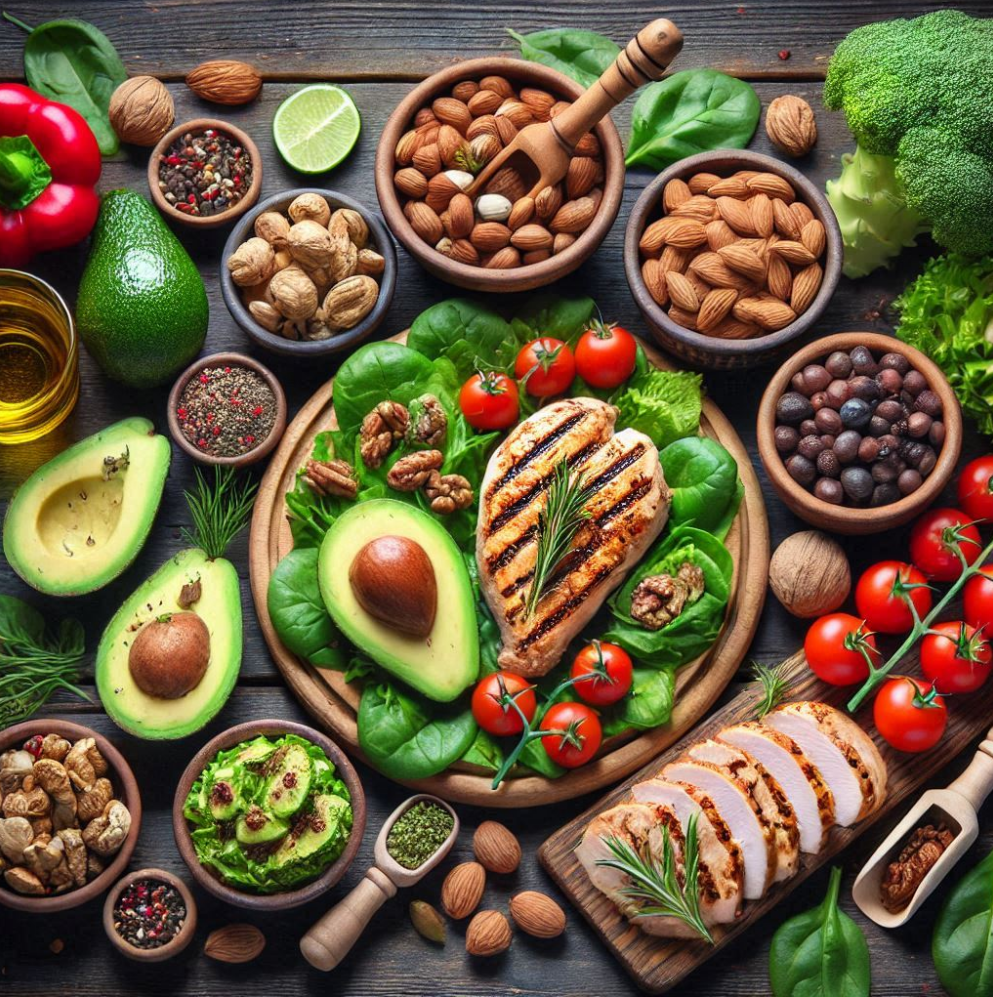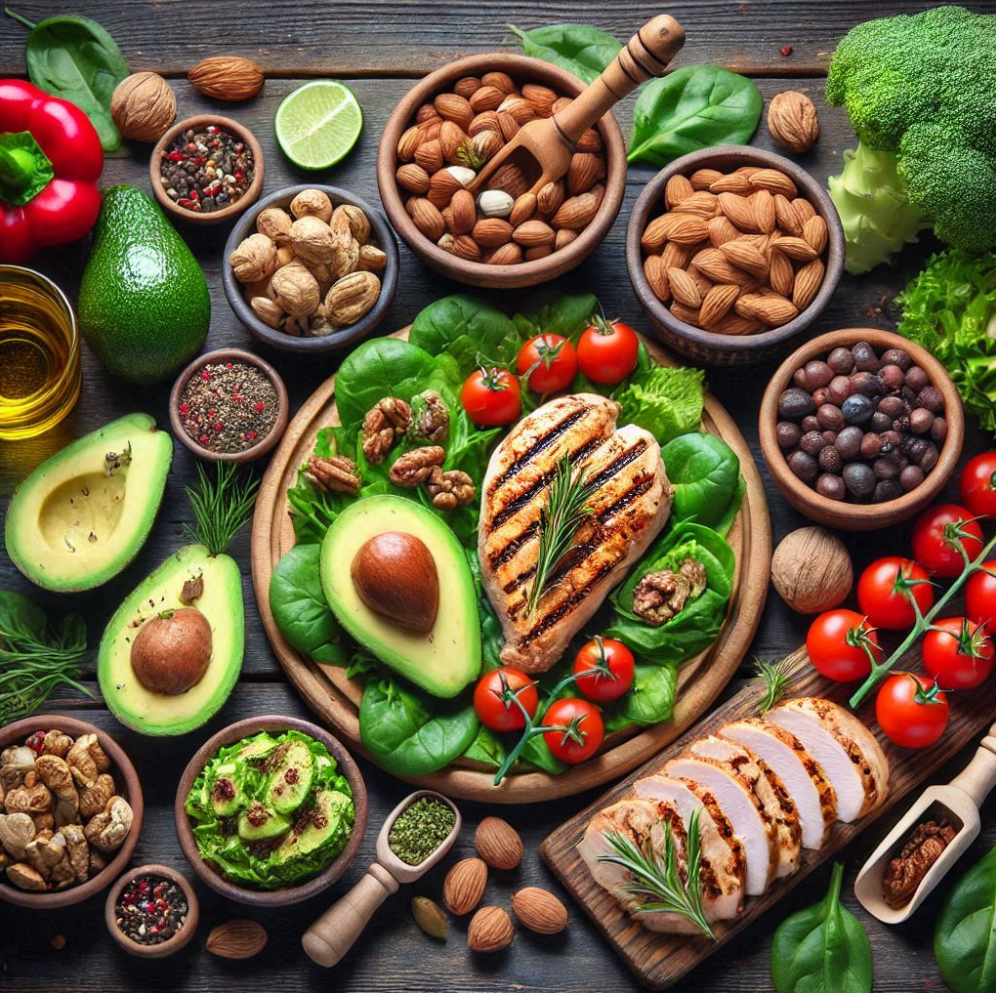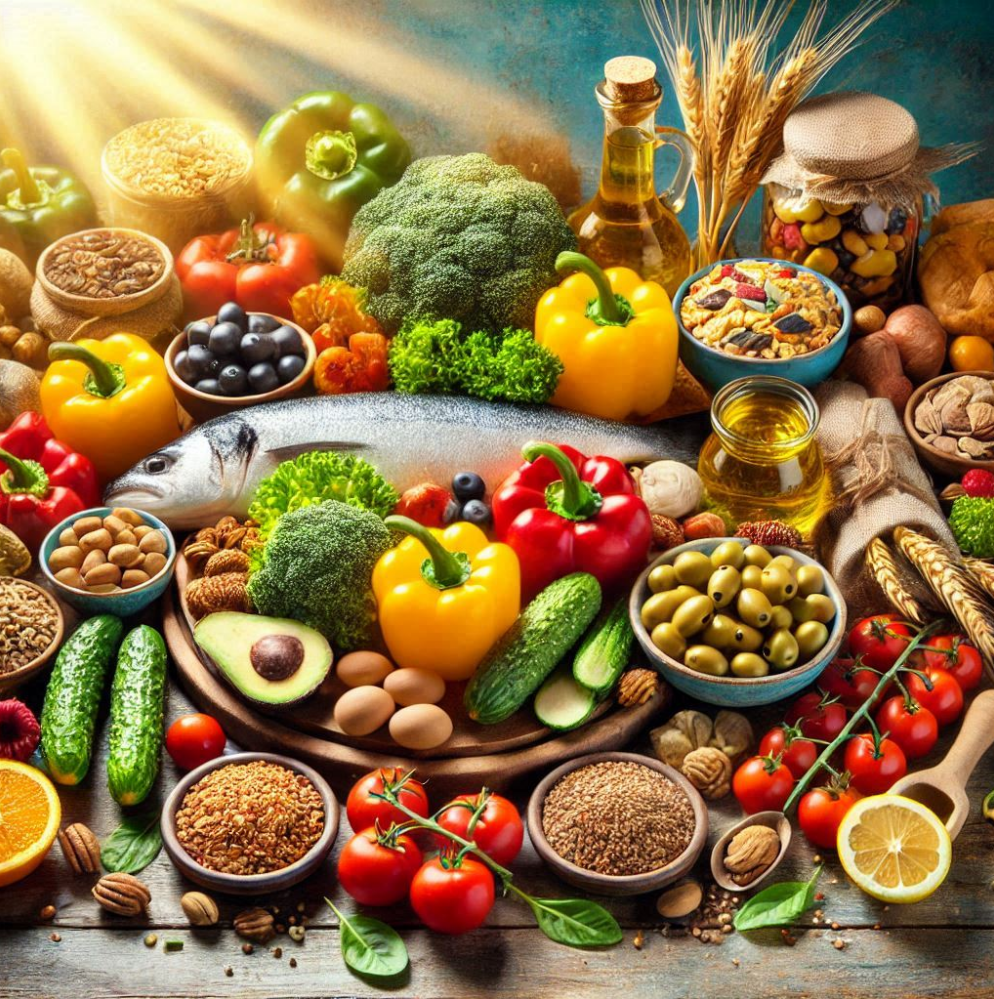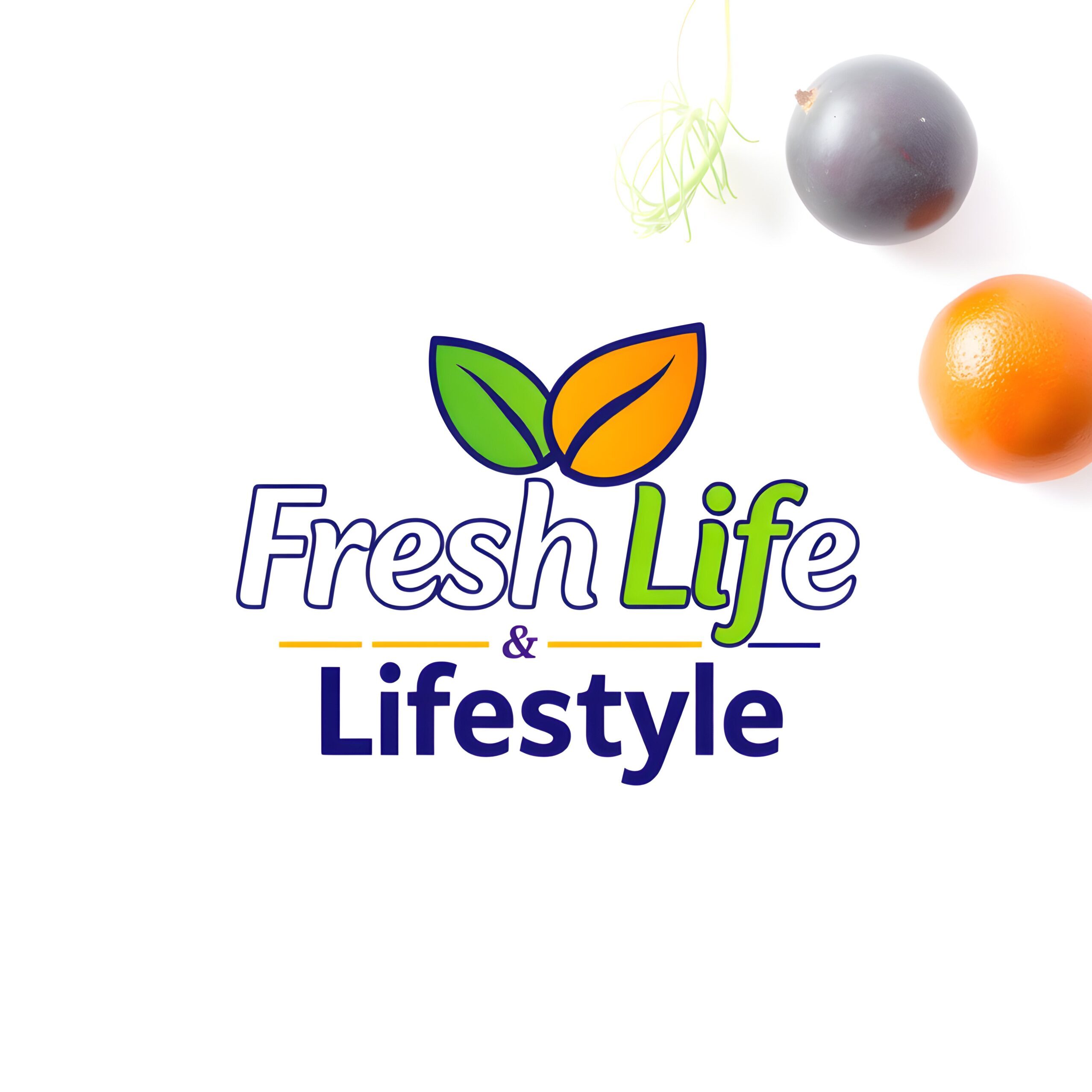
Diet trends have this magnetic pull, don’t they? For so many, it’s not just about shedding a few pounds—it’s a lifestyle shift, a health pledge, or even a dash of curiosity. The buzz around these diets often starts online and quickly spirals into neighborhood conversations and family discussions. The who, how, and why all come down to more than just calorie counts; it’s a cultural whirlwind that sees everyone hopping onto the bandwagon, hoping for the best.
Social media plays a massive role in this whole diet craze. Scroll through Instagram, and you’re bound to stumble upon many influencers flaunting their ‘success’ stories, complete with before-and-after shots and recipes that seemingly promise miracles. There’s no denying that this visual world gives diet trends a platform to thrive and ripple through different circles—think about how many smoothie trends you’ve seen overnight?
But who falls for these trends? Data shows that young adults, especially women, are disproportionately drawn to these diet movements. The appeal often connects deeply with societal ideals of body image, matching an ever-present desire to fit a certain mold, whether fitness, beauty, or wellness.
Cultural influences shape how diets take hold too. In some places, the ideal might be rooted in wellness and holistic health, like in the Mediterranean region. Elsewhere, it’s driven by the promise of quick results. Society’s collective pressure often encourages, if not outright demands, people to adapt to these trends, only adding to their popularity.
So, as you can see, diet trends are no small potatoes. They’re intertwined with cultural currents and societal expectations, fueled by an endless cycle of hype and promise. It’s crucial to recognize this as you navigate through ever-evolving options.
Popular Diet Trends: A Closer Look

When it comes to diet trends, there’s always a new contender vying for attention, each with its own flair and fan base. At the forefront, we have the Ketogenic Diet, which flips the script on traditional eating by advocating for high fat and low carb intake. Its main claim to fame is putting your body into ketosis, supposedly a fat-burning powerhouse. But ever wondered what cutting carbs truly does, or how it might change your weekly grocery list.

Then there’s Intermittent Fasting, which is less about what you eat and more about when you eat. It’s like turning meal planning into a strategic game of time slots. Whether it’s the 16:8 method or the Eat-Stop-Eat approach, the idea is giving your digestive system a break, but does it help keep the weight at bay, or could it mess with your natural body signals?
Plant-Based Diets are all about reducing or eliminating meat and dairy—and gaining popularity fast. The spectrum is broad, from vegetarianism, which cuts out meat, to veganism, eliminating all animal products. There’s an eco-friendly and health angle here, but it’s not without challenges, like ensuring you get all the necessary nutrients.

Ah, the Mediterranean Diet. Think of it as a culinary trip through Southern Europe. It’s celebrated for heart health benefits and emphasizes whole grains, fruits, vegetables, and olive oil. It sounds dreamy—and tastes it too—but how easy is it to tweak your regular meals to fit this sunny lifestyle?
Understanding these trends is key before deciding to jump on board. Each comes with its philosophy, rules, and claims, so digging deeper into what aligns with your lifestyle and goals is a smart move.
Pros and Cons: Weighing the Benefits and Risks
When it comes to dieting, every trend promises a shiny list of benefits, but let’s talk real talk: every approach has its flip side. First up, there’s the sheer appeal of short-term results. Many diets deliver quick wins—whether it’s shedding pounds or boosting energy—but the catch is maintaining those results long-term. Do these diets fit your life five years down the line?
Now, health benefits are always a plus, and many trendy diets have some science-backed perks. Take plant-based diets, often praised for lowering cardiovascular risks, or intermittent fasting, which might improve insulin sensitivity. These are great selling points, but do they tell the whole story?
Potential nutritional pitfalls come as part of the package for some diets. The ketogenic diet, for instance, might lead to nutrient deficiencies if not carefully monitored, as it drastically reduces certain food groups. So, while you might be cutting carbs, what are you missing out on in essential vitamins and minerals?
Then, there’s the psychological angle. Dieting itself is a mental game. The fixated focus on what you can or can’t eat could morph into an unhealthy obsession. This aspect often flies under the radar but can impact mental health and your relationship with food.
Let’s not forget the experts—nutritionists and dietitians usually provide a balanced view, often encouraging moderation and understanding your body’s unique needs rather than chasing fads. They emphasize personalized plans over one-size-fits-all solutions, steering away from extremes.
So, before getting swept up by the promises of a particular diet, think about both the immediate effects and the long game. What’s the right balance for you, health-wise and sanity-wise?
Making Informed Choices: A Personal Approach
Trying to find the perfect diet can feel like searching for a needle in a haystack. The key is personalizing the journey to suit your body and lifestyle. Before diving headfirst, take stock of what you truly want to achieve. Are you looking for long-term weight management, improving specific health markers, or just wanting to feel more energetic day-to-day? Knowing your endgame can steer you towards a more suitable dietary path.
Consultation with healthcare professionals can be a game-changer in this process. Nutritionists and dietitians can help unravel the dietary mysteries, offering advice tailored to your body’s unique needs. They can help pinpoint whole-food choices, filling any potential nutrition gaps that trendy diets might miss.
Understanding bio-individuality means recognizing that what works for your buddy may not work for you. Each body interacts differently with foods based on genetic makeup, lifestyle, and even geographical factors. Embrace this and listen to what your body is telling you.
For those eager to eat healthier without subscribing to a specific diet, blending aspects of different trends might be the way to go. For example, enjoying the balanced Mediterranean approach while tweaking meal timings similar to intermittent fasting could suit some just fine. It’s really about finding a sustainable routine.
Education around food and nutrition empowers better decision-making. With an abundance of information at our fingertips, taking the time to learn about what your food contains and how it affects you can be invaluable. It’s all about making informed choices without the pressure of fitting a certain trend mold.

How Important is Food?
Food is fundamental to life. Interestingly, many of us do not spend much time thinking about what we eat, what we should eat, and how it affects us. The focus should be more on health and less on a number on the scale. Feeling and looking good are as individual as hairstyles and personal fashion preferences. It really should be about what is good for you and not about societal trends.
This blog post offers a great overview of the impact of diet trends and the importance of considering both their benefits and potential downsides. I appreciate how it highlights the cultural forces shaping these trends and the psychological effects that can come with strict dieting. As the comment points out, focusing on health rather than societal trends is key. It’s crucial to understand that each body is different, and what works for one person might not work for another. I think the emphasis on finding a personal approach to nutrition and consulting with professionals is especially important. It’s not just about jumping on the latest bandwagon, but rather making informed choices that support long-term health and wellness. If we could embrace a more individualized mindset, we might move away from the pressures of dieting trends and toward a more balanced relationship with food.